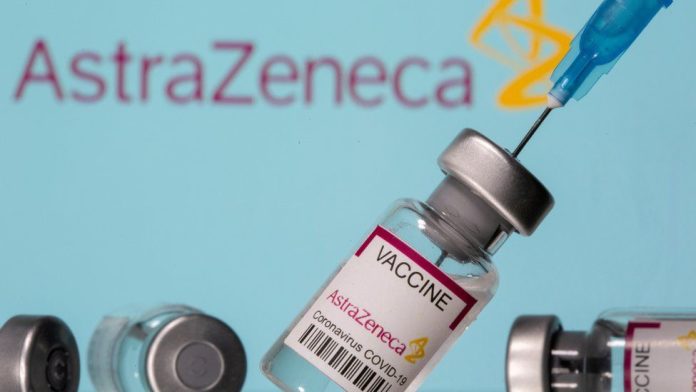In a significant development in the ongoing battle against COVID-19, AstraZeneca has admitted to the presence of Thrombosis Thrombocytopenia Syndrome (TTS), a rare but serious condition involving blood clots and low platelet counts, associated with its COVID-19 vaccine. This admission comes amidst mounting concerns and lawsuits worldwide, prompting the pharmaceutical giant to initiate a global withdrawal of its vaccine.
The acknowledgment of TTS by AstraZeneca follows an extensive investigation into reported cases of adverse effects following vaccination. The syndrome, characterized by the formation of blood clots combined with a decrease in platelet levels, has emerged as a rare complication primarily affecting younger individuals, particularly women.
The decision to withdraw the vaccine underscores the gravity of the situation and the commitment to ensuring public safety. AstraZeneca’s move aligns with regulatory agencies’ cautious approach towards vaccine safety and highlights the importance of transparency in addressing potential risks associated with vaccination campaigns.
The emergence of TTS has sparked a wave of legal action against AstraZeneca, with lawsuits filed by individuals and groups worldwide seeking compensation for alleged vaccine-related injuries. The litigation underscores the complex legal landscape surrounding vaccine liability and the challenges faced by pharmaceutical companies in navigating public health crises.
While AstraZeneca’s withdrawal of its COVID-19 vaccine may pose logistical challenges for vaccination efforts in many countries, it also provides an opportunity for reevaluation and reassessment of vaccine safety protocols. The incident serves as a reminder of the need for rigorous monitoring and surveillance of vaccine adverse events to ensure the continued trust and confidence of the public in vaccination programs.
In response to the withdrawal, health authorities and policymakers are expected to recalibrate their vaccination strategies, potentially redistributing available vaccine doses and ramping up alternative vaccination campaigns. The development also underscores the importance of maintaining a diversified portfolio of vaccines to mitigate the impact of such setbacks on global immunization efforts.
Moving forward, the focus will be on addressing the underlying mechanisms of TTS and developing strategies to mitigate its risk, potentially through targeted screening protocols or the development of alternative vaccine formulations. AstraZeneca’s response to the crisis will be closely scrutinized, with stakeholders eager to assess the company’s accountability and commitment to vaccine safety.
As the world grapples with the challenges posed by COVID-19, the emergence of TTS serves as a sobering reminder of the complexities and uncertainties surrounding vaccine development and deployment. While setbacks such as these may shake public confidence, they also provide an opportunity for introspection, learning, and improvement in the pursuit of global health security.


